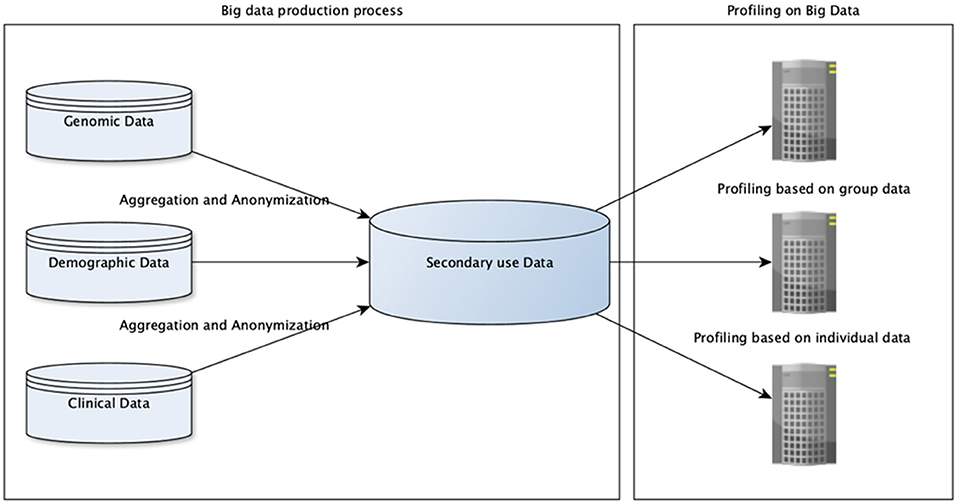
Navigating Labor Law Updates: A Comprehensive Guide
The landscape of labor laws is dynamic, subject to frequent updates and revisions that impact both employers and employees. Staying informed about these changes is crucial for legal compliance and fostering positive workplace relations. This guide explores the key aspects of recent labor law updates and their implications.
Evolution of Employment Contracts
Labor law updates often bring changes to the structure and content of employment contracts. Recent trends include increased flexibility in working arrangements, updates to non-compete clauses, and adjustments to termination and severance provisions. Employers and employees should review and update contracts to align with these changes.
Wage and Hour Regulations
Changes to wage and hour regulations have been a focal point of labor law updates. Adjustments to minimum wage rates, revisions in overtime eligibility criteria, and updates to record-keeping requirements are common areas of change. Employers need to ensure compliance with these regulations to avoid legal repercussions.
Remote Work Policies and Regulations
The surge in remote work has prompted labor law updates related to remote work policies. Clarifications on compensable work hours, guidelines for remote work expenses, and considerations for the right to disconnect are among the recent updates. Employers must adapt policies to address the unique challenges of remote work.
Diversity, Equity, and Inclusion Initiatives
Labor laws are increasingly emphasizing diversity, equity, and inclusion (DEI) initiatives. Recent updates may include requirements for reporting diversity metrics, implementing anti-discrimination training, and fostering an inclusive workplace culture. Employers should proactively engage in DEI efforts to comply with evolving regulations.
COVID-19 Related Regulations
The ongoing global pandemic has led to specific labor law updates addressing COVID-19-related issues. This includes regulations on workplace safety, paid leave for pandemic-related reasons, and accommodations for remote work. Employers need to stay abreast of these updates to ensure compliance and prioritize employee well-being.
Employee Benefits and Healthcare
Labor law updates often impact employee benefits and healthcare offerings. Changes in regulations may involve adjustments to healthcare coverage requirements, updates to retirement plans, or expansions of family and medical leave benefits. Employers should communicate these changes clearly to employees and update benefit plans accordingly.
Safety and Occupational Health Regulations
Enhancements in safety and occupational health regulations are critical for protecting employees in various industries. Recent updates may include stricter guidelines on workplace safety protocols, requirements for protective equipment, and measures to prevent workplace injuries. Employers must prioritize compliance to create a safe working environment.
Union and Collective Bargaining Agreements
Changes to labor laws can also influence union dynamics and collective bargaining agreements. Updates may include revisions to the process of unionization, modifications to collective bargaining rules, or adjustments to the negotiation process. Employers engaged in unionized workplaces should closely monitor and adhere to these changes.
Technology and Data Privacy in the Workplace
Labor law updates often intersect with advancements in technology and data privacy concerns. Regulations may address the use of employee monitoring tools, guidelines for handling employee data, and measures to protect employee privacy in the digital age. Employers should align their practices with evolving data privacy laws.
Enforcement and Penalties
Recent labor law updates may bring changes to enforcement mechanisms and penalties for non-compliance. Authorities may increase scrutiny and penalties for violations, emphasizing the importance of proactive compliance measures. Employers should conduct regular audits to identify and address potential areas of non-compliance.
Conclusion: Staying Informed for Workplace Compliance
In conclusion, staying informed about labor law updates is essential for employers navigating the complex legal landscape. For the latest insights and updates on Labor law updates, explore resources that provide comprehensive guidance on compliance strategies. By proactively addressing changes in labor laws, employers can foster a positive workplace environment and maintain legal compliance in an ever-evolving regulatory landscape.


